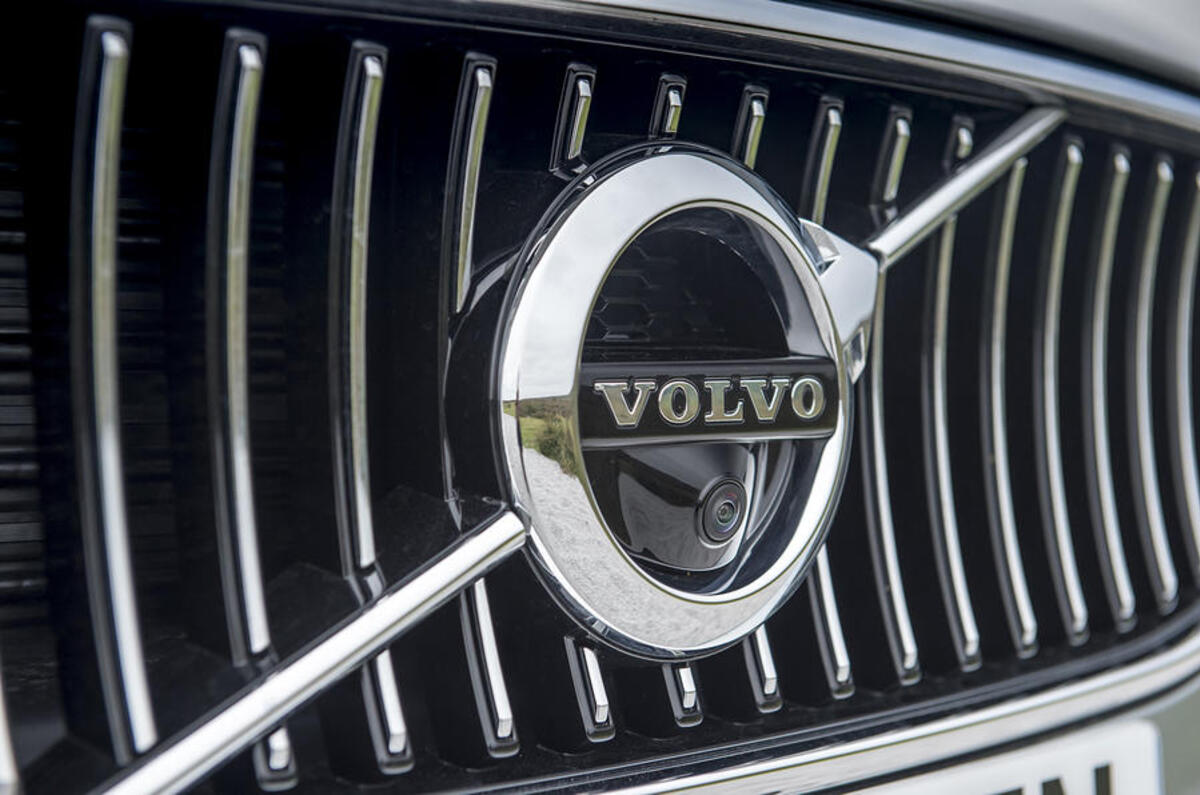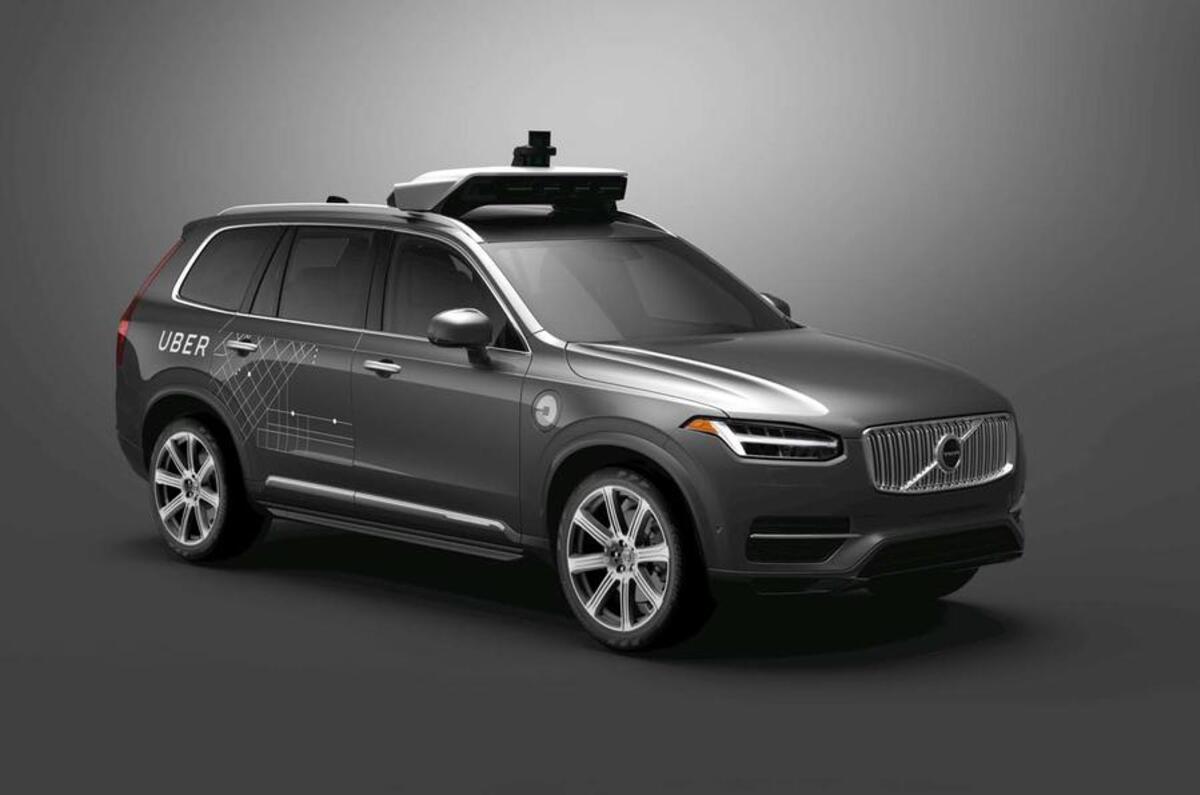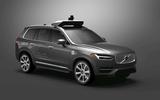Volvo has confirmed an agreement with Chinese internet services firm Baidu that will result in the two firms jointly developing electric and autonomous vehicles.
The partnership is part of Volvo’s aspirations to become “the supplier of choice for mobility companies globally". It follows a deal to supply ride-sharing firm Uber with 24,000 XC90 SUVs adapted to be fitted with Uber’s self-driving technology.
The joint development of “customised autonomous driving cars” will allow Volvo and Baidu to cater to the ever-growing list of Chinese mobility firms looking to innovate in the world’s largest car market.
The pair will pool their resources, with Baidu offering up its already heavily developed autonomous driving platform, dubbed Apollo, and Volvo proving access to its own expertise and technology, including its latest modular vehicle platforms and soon-to-be-launched electric powertrains.
Existing partners of the Apollo platform include Daimler, Ford, Honda and Hyundai.
Baidu claims Volvo’s well-publicised safety credentials were a major factor in choosing it as a partner. Volvo also sees Baidu’s influential position in the tech sector as crucial, because the Swedish company “seeks to capitalise on and lead the disruption currently under way in the industry”.
Volvo cites a market research forecast that suggests up to 14.5 million autonomous cars will be sold in China by 2040. It’s not clear whether the deal means Volvo will reduce its focus on other markets.
Read more:
Volvo reveals 360c autonomous car concept
Opinion: There are no driverless cars on sale - and there may never be







Join the debate
Add your comment
24,000 Self driving XC90's
Do they make these numbers up as they go along.